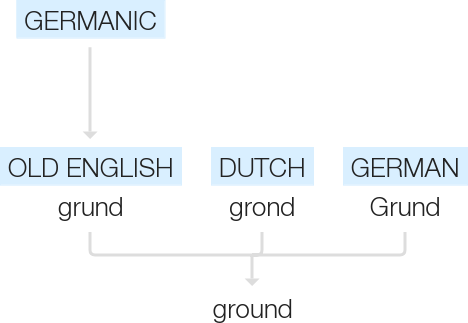“Ground” refers to a reference point or potential level in electrical circuits and systems. It serves as a point of common reference for measuring voltages and currents in a circuit. Here’s a brief summary of the concept of “ground”:
Key Points about Ground:
- Reference Point: In electronics and electrical engineering, ground serves as a reference point for all voltage measurements. It’s usually designated as the point with zero voltage potential.
- Safety: Grounding plays a crucial role in electrical safety by providing a path for excess electrical current to flow safely into the ground, reducing the risk of electrical shocks or damage to equipment.
- Signal Reference: Ground is often used as a reference point for signals in electronic circuits. Signals are typically measured relative to the ground potential.
- Types of Ground: There are different types of grounding, such as chassis ground, earth ground, and signal ground. Each type serves specific purposes in different applications.
- Grounding Techniques: Grounding techniques are employed to minimize interference, noise, and voltage fluctuations in electrical systems. Proper grounding helps maintain signal integrity and overall system reliability.
- Ground Loops: Ground loops can occur when multiple devices share a common ground connection, leading to unwanted noise and interference. Proper grounding practices can help mitigate ground loop issues.
Applications:
- Electrical Systems: Grounding is essential in residential, commercial, and industrial electrical systems to ensure safety and proper functioning of electrical equipment.
- Electronic Devices: Grounding is critical in electronic devices to provide a stable reference potential for accurate signal processing.
- Audio and Video Equipment: Proper grounding is crucial in audio and video setups to prevent unwanted noise and interference.
- Telecommunication Systems: Grounding is used to maintain signal integrity and protect equipment in telecommunication systems.
- Power Distribution: Grounding is essential in power distribution systems to protect against voltage surges and lightning strikes.
Considerations:
- Proper Grounding: Ensuring proper grounding is important for safety, signal integrity, and the overall performance of electrical and electronic systems.
- Grounding Standards: Different industries and applications have specific grounding standards and practices to ensure consistency and reliability.
- Ground Faults: Ground faults can occur when unintended paths exist between electrical conductors and ground, potentially leading to dangerous situations.
In summary, “ground” is a fundamental concept in electrical engineering and electronics, providing a reference point for measuring voltages, ensuring safety, and maintaining signal integrity. Proper grounding practices are essential for the reliable and safe operation of various electrical and electronic systems.

